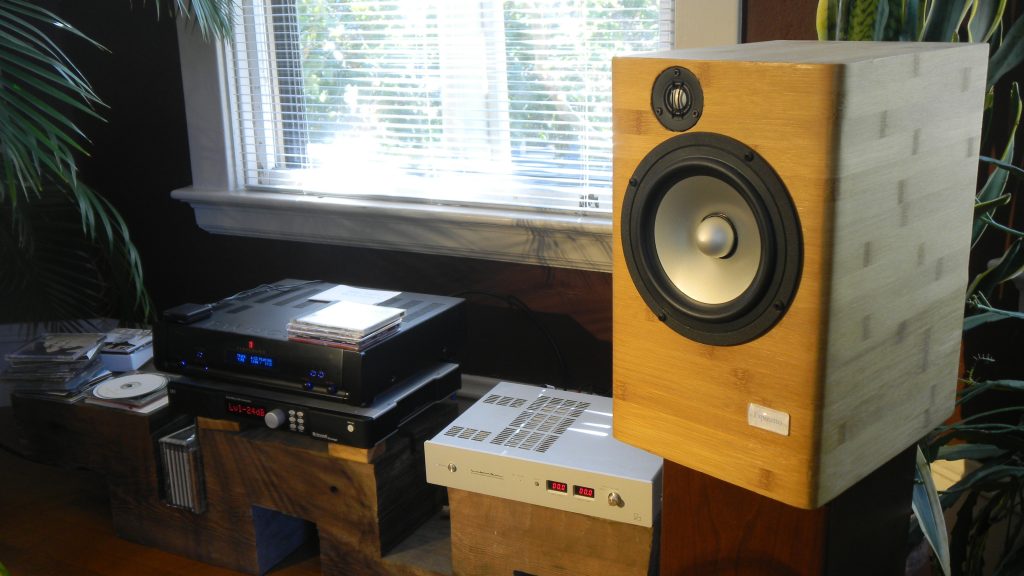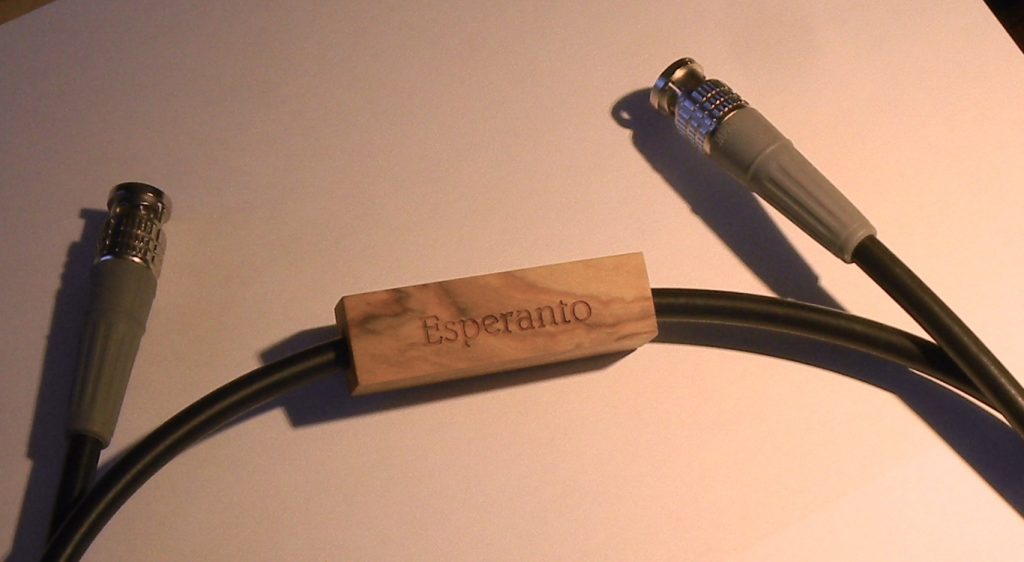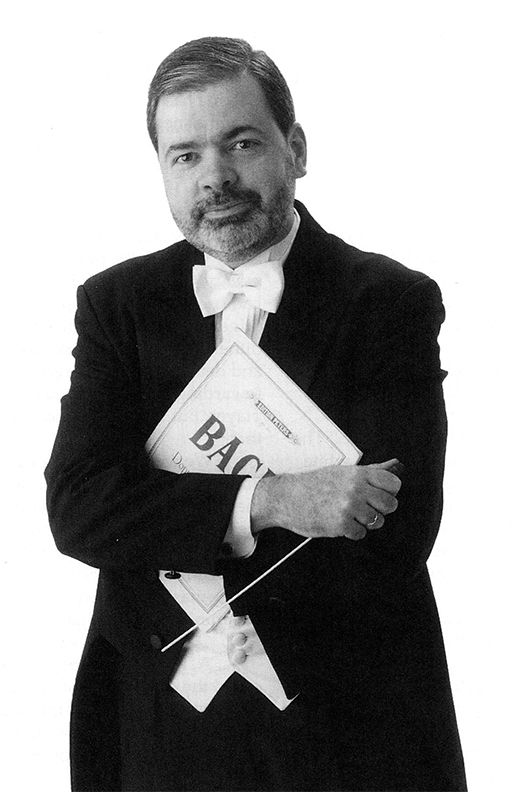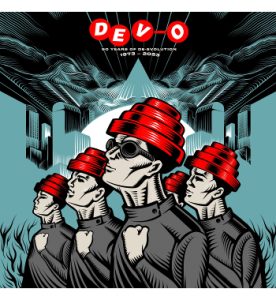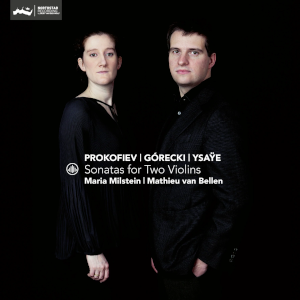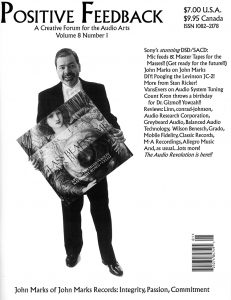I've been on the road for nearly three weeks now, and that's meant an interruption to the republication of John Marks' fine contributions to the musical and audio arts. Apologies all around.
In this article from The Tannhauser Gate (http://www.thetannhausergate.com), John shares an elegant and polished jazz album from the '70s, Michael Franks' Sleeping Gypsy. He's right when he talks about the cross-pollination of studio musicians leading to a mild deja-vu sense of recognition when thinking of Steely Dan's Aja (definitely) and Joni Mitchell's Court and Spark (more distantly for me on that one).
Fine production values, and a superior example of period jazz. Mellow throughout, though...those who are allergic to that quality in jazz are forewarned!
Michael Franks, Sleeping Gypsy
Recorded at Capitol Records, Hollywood, and in Rio de Janiero, Brazil, August-November 1976; released on LP 1977, CD 1990; various digital remasterings, including an SHM-CD for the Japanese Domestic Market (2012).
Michael Franks, vocals, banjo, guitar, mandolin; Joe Sample, João Donato, piano; Wilton Felder, bass; Larry Carlton, Hélio Delmiro, guitar; John Guerin, João Palma, Larry Bunker, drums; Michael Brecker, tenor saxophone; David Sanborn, alto saxophone; Ray Armando, percussion; Claus Ogerman, arranger and conductor; Tommy LiPuma, producer, Al Schmitt, engineer.
Yacht Rock? Or perhaps more like, "Jetliner to Brazil" Rock… .
If the soundworld of Joni Mitchell's Court and Spark or that of Steely Dan's Aja appeals to you, I think you will enjoy Michael Franks' third studio album, Sleeping Gypsy. Sleeping Gypsy has a substantial overlap in session personnel with Court and Spark, and a partial overlap with Aja.
But over and above the sonic contributions of the finest of Los Angeles' 1970s on-call musicians, what Sleeping Gypsy shares with its far better known contemporaries is literate and literary songwriting, and an adult perspective.
Sound samples are at the link listed at the end of this article.
As a songwriter, Michael Franks was capable of regarding modern love with philosophical detachment. Even the Village Voice's perennially disgruntled Robert Christgau had to pause to acknowledge ("he woke me up long enough to make me believe he had some smarts") the creative intelligence that fashioned the Cole-Porter-esque couplet:
I hear from my ex
On the back of my checks.
Hand in hand with the worldy-wise words is music that to a greater or lesser degree incorporates the lilt and rhythmic subtlety of Bossa Nova; two tracks, the tongue-in-cheek "B'wana He No Home," and "Down in Brazil," were recorded in Rio.
The recorded sound is excellent 1970s analog—multi-tracked and doubtless overdubbed as well. The LP is available for not much money used. As far as I know, there has been no LP remastering, and there are no high-resolution digital downloads. So your buying choices are, the new American-market CD, a used CD for not much money, or, the JDM SHM-CD for a lot of money. I bought the SHM-CD and I love it; but I also have to admit that the sonic improvement over the US-market Plain Jane CD is only incremental and not hugely revelatory.
I think that the first three tracks of Sleeping Gypsy are the strongest opening tracks of any of Franks' albums, so, here they are. Track 3, "In the Eye of the Storm," is a song that can withstand comparison with anything from that era. There's more to it than grad-student cleverness; what follows the couplet about hearing from one's ex is addressed to the narrator's current love interest. He tells her that if she holds him a while, he will "hang up his guns." He's still a male who cannot speak directly in such matters, but at least he is trying. He compares the two of them to "two little birds, in the eye of the storm." And whether "storm" refers to love, or to the whole of life, matters not.
Other standout Franks albums, by the way, are The Art of Tea, and Burchfield Nines.
[To hear John's sample tracks, go to John Marks sample tracks at The Tannhauser Gate and scroll to the bottom of the page.





